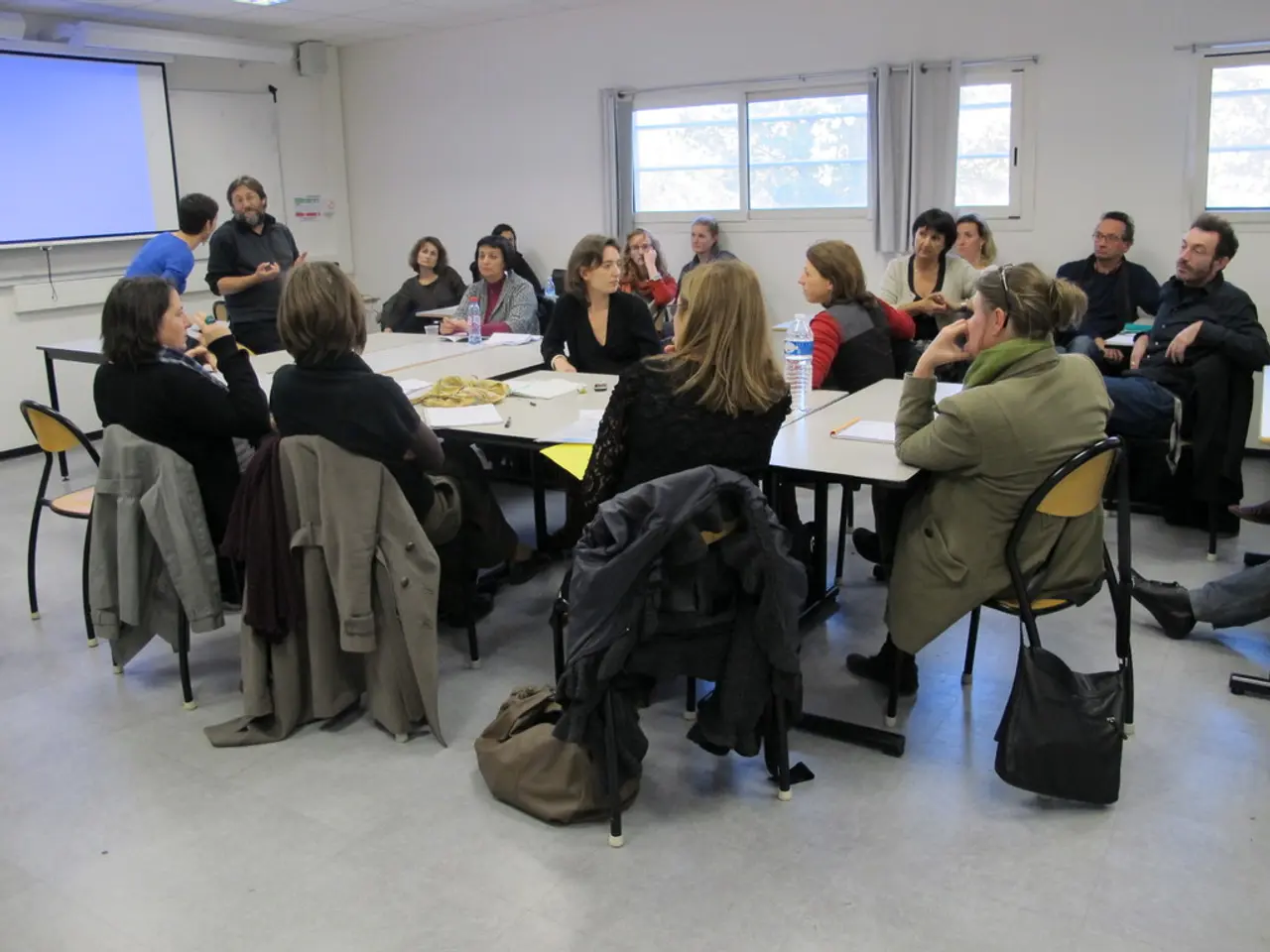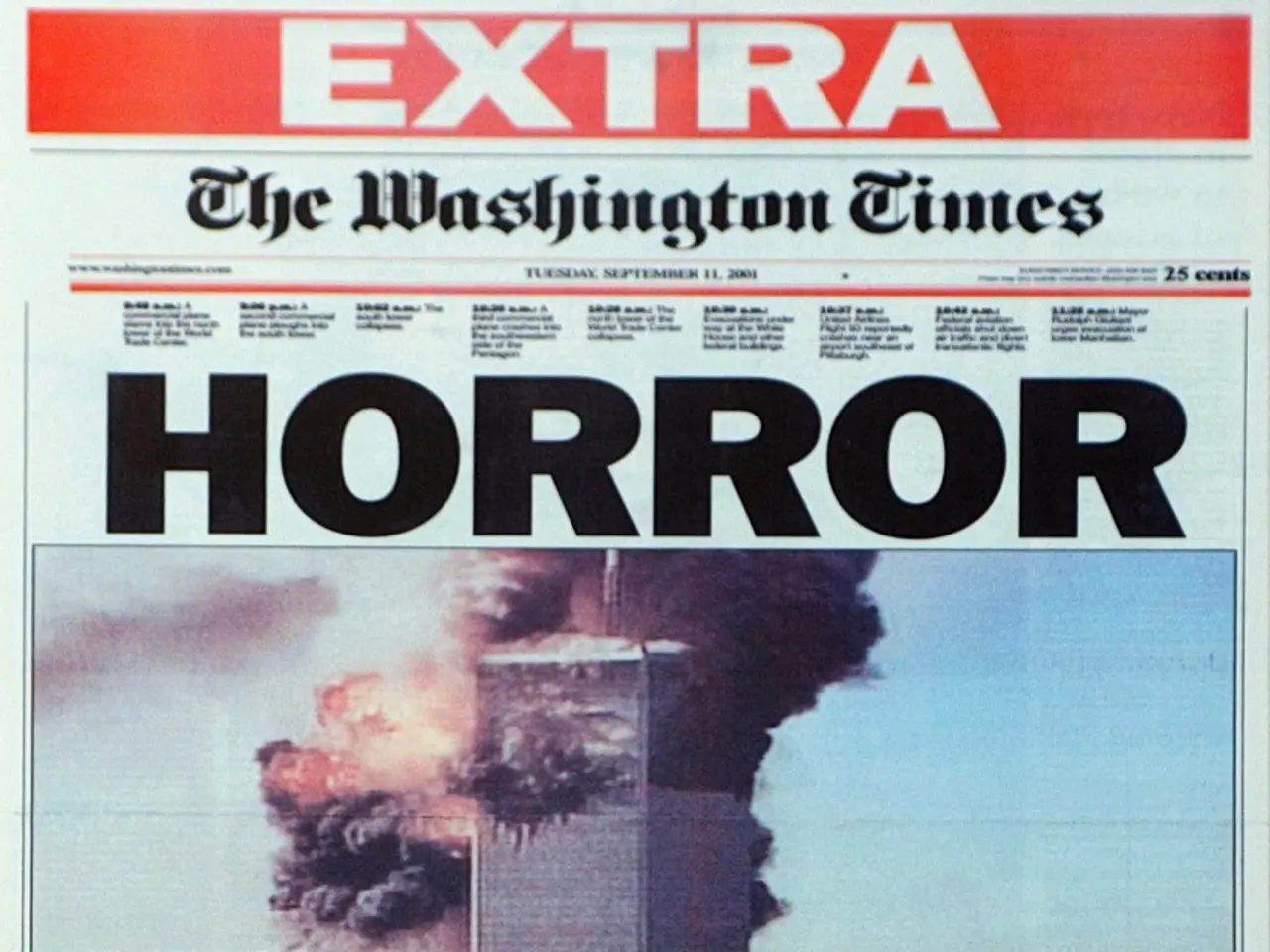War between Israel and Iran: Wadephul and Associates to Meet Iranian Minister amid Escalating Conflict
Scholz and associates plan to engage with Iran's Foreign Minister this Friday. - Iran's Minister set to confer with Wadephul and associates this Friday.
Wadephul's shuttle diplomacy
German Foreign Minister, Johann Wadephul, along with his French and British counterparts, are about to meet with Iranian Foreign Minister, Abbas Araghtschi, in Geneva on Friday, as reported by the German Press Agency. This meeting comes after Wadephul altered his travel plans to include crisis talks in Saudi Arabia, Qatar, and Oman. The Omani government has a close relationship with Tehran, making it an ideal mediator in these tense times.
The alignment of forces
The E3 countries—Germany, France, and the UK—have been in negotiations with Iran over its nuclear program for years. They aim to coordinate their efforts with Iran's Arab neighbors to find a diplomatic solution to the ongoing conflict. The US and Iran had been negotiating indirectly for nearly two months with the help of the Gulf state of Oman, but Israel's attack on Iran shattered these talks.
Following hostilities
The talks scheduled for last Sunday in Oman were postponed due to the war's intensification. The key issue of uranium enrichment had stalled the negotiations. Iran had enriched uranium close to weapons-grade levels, yet it was unwilling to relinquish its enrichment capabilities despite the 2015 Vienna Agreement.
US President Donald Trump reiterated his demand for "unconditional surrender" but did not completely rule out further negotiations, stating it's "not too late." Trump pulled out of the Vienna Agreement in 2018, following which Iran also ceased adhering to its terms.
The ongoing conflict
While there's little hope for a diplomatic solution to the Iran nuclear dispute, Israel justifies its armed actions based on the "existential threat" posed by Iran's nuclear and missile programs. On June 13, 2025, Israel launched a series of coordinated military and cyber attacks, targeting Iran's nuclear and military infrastructure. Iran responded with missile and drone strikes against Israeli targets, escalating the conflict even further.
Tempers running high
While preparing for the upcoming discussions, Wadephul, Jean-Noël Barrot (French Foreign Minister), David Lammy (British Foreign Minister), and Kaja Kallas (EU Foreign Affairs Representative) reportedly made an offer for negotiation during a phone conversation with Araghtschi on Monday. They stand ready to talk, on the condition that Iran takes urgent, verifiable confidence-building measures, such as demonstrating its intent to renounce nuclear weapons.
IranIsraelJohann WadephulFranceUnited KingdomAbbas AraghtschiTehranBerlinOmanGenevaDonald TrumpDeutsche Presse-AgenturLebanonSyriaSaudi ArabiaQatarNuclear ProgramUnited States
Fun Fact:
Did you know? In the history of the Iran-Israel conflict, the June strikes by Israel mark the most extensive and coordinated attack Israel has launched against Iran. The development adds a dangerous new dimension to the already volatile situation.
The Commission is also proposing to extend the scope of the programme to include the discussions on the escalating conflict between Iran and Israel, particularly in the areas of 'war-and-conflicts' and 'politics'. The E3 countries, including Germany, France, and the United Kingdom, are seeking to involve their negotiations on Iran's nuclear program with 'general-news' such as the ongoing diplomatic efforts with Iranian Minister Abbas Araghtschi, who is set to meet with German Foreign Minister, Johann Wadephul, in Geneva.





